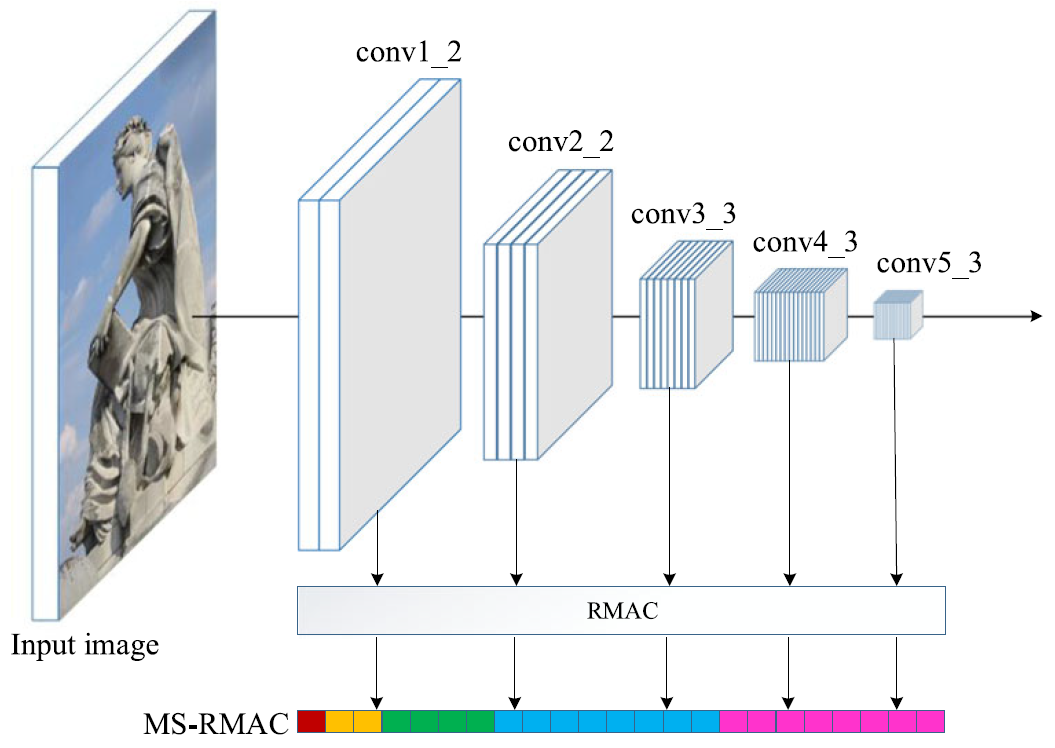Sharing an answer code of mine about 2. Add Two Numbers of LeetCode.
2. Add Two Numbers of LeetCode
You are given two non-empty linked lists representing two non-negative integers. The digits are stored in reverse order and each of their nodes contain a single digit. Add the two numbers and return it as a linked list.
You may assume the two numbers do not contain any leading zero, except the number 0 itself.
Example:
Input: (2 -> 4 -> 3) + (5 -> 6 -> 4)
Output: 7 -> 0 -> 8
Explanation: 342 + 465 = 807.
Answer Code in Python 3
# Definition for singly-linked list.
# class ListNode:
# def __init__(self, x):
# self.val = x
# self.next = None
class Solution:
# O(m+n+max(m,n))
# Runtime: 88 ms, faster than 90.13% of Python3 online submissions for Add Two Numbers.
# Memory Usage: 13.3 MB, less than 5.21% of Python3 online submissions for Add Two Numbers.
def listToDigit(self, linked_list):
digit_str=''
while (not isinstance(linked_list, type(None))):
digit_str = str(linked_list.val) + digit_str
linked_list = linked_list.next
return int(digit_str)
# O(max(m,n))
# Runtime: 108 ms, faster than 56.86% of Python3 online submissions for Add Two Numbers.
# Memory Usage: 13.3 MB, less than 5.21% of Python3 online submissions for Add Two Numbers.
def sumCarry(self, l1, l2):
result = []
carry = False
while ((not isinstance(l1, type(None))) or (not isinstance(l2, type(None))) or carry):
if isinstance(l1, type(None)): l1_val = 0
else: l1_val = l1.val
if isinstance(l2, type(None)): l2_val = 0
else: l2_val = l2.val
if carry: sum_val = l1_val + l2_val + 1
else: sum_val = l1_val + l2_val
if sum_val >= 10:
carry = True
sum_val = sum_val-10
else: carry = False
result.append(sum_val)
if not isinstance(l1, type(None)): l1 = l1.next
if not isinstance(l2, type(None)): l2 = l2.next
return result
def addTwoNumbers(self, l1: ListNode, l2: ListNode) -> ListNode:
# return list(map(int, str(self.listToDigit(l1) + self.listToDigit(l2))[::-1]))
return self.sumCarry(l1,l2)



